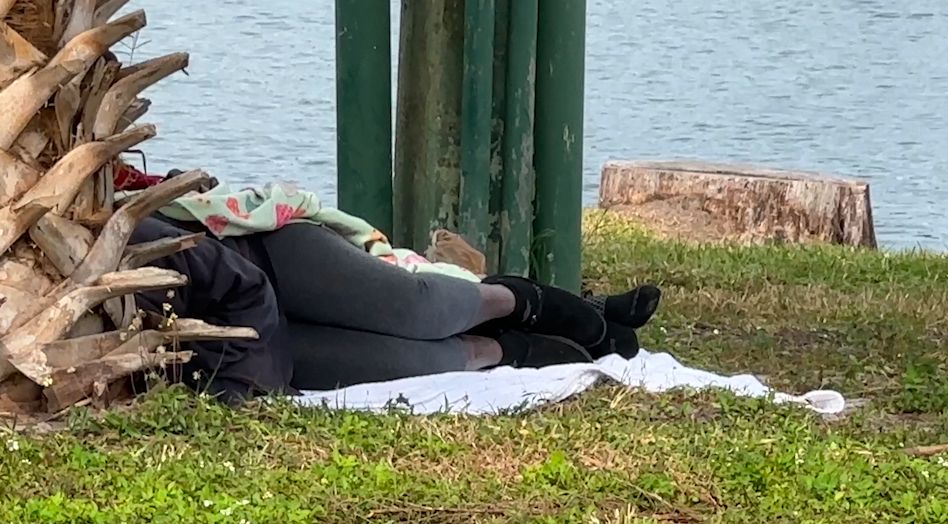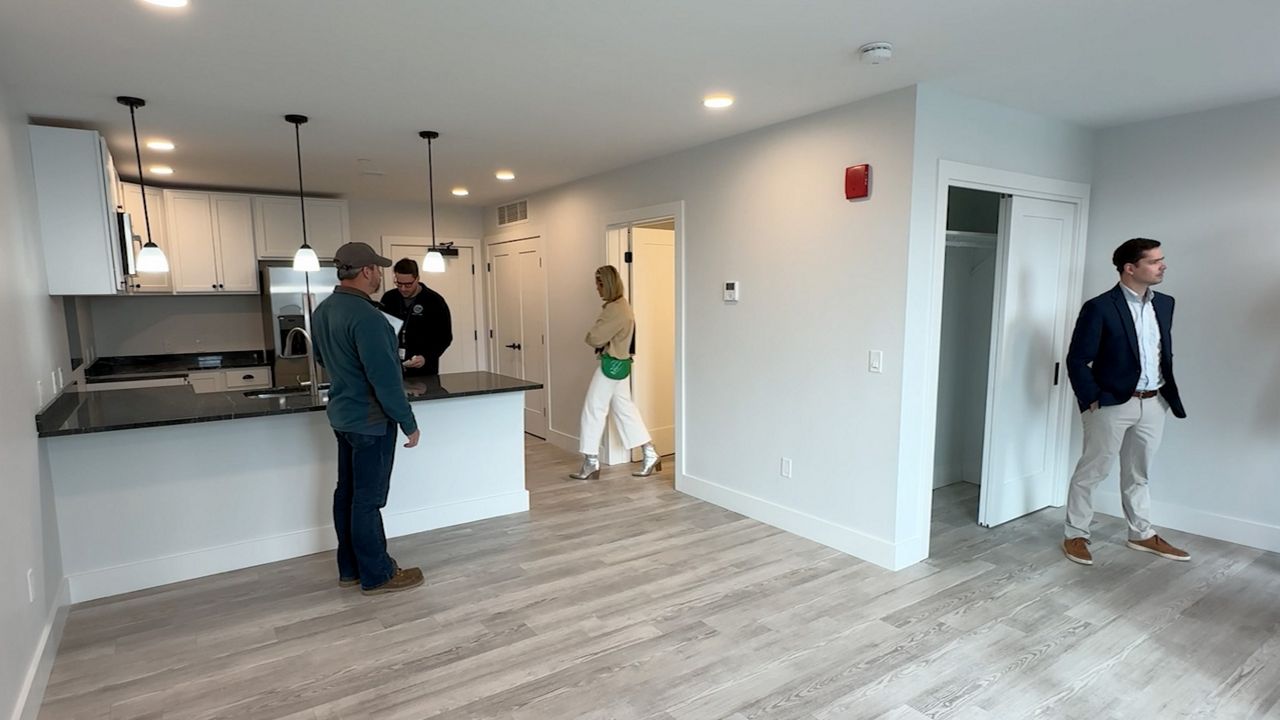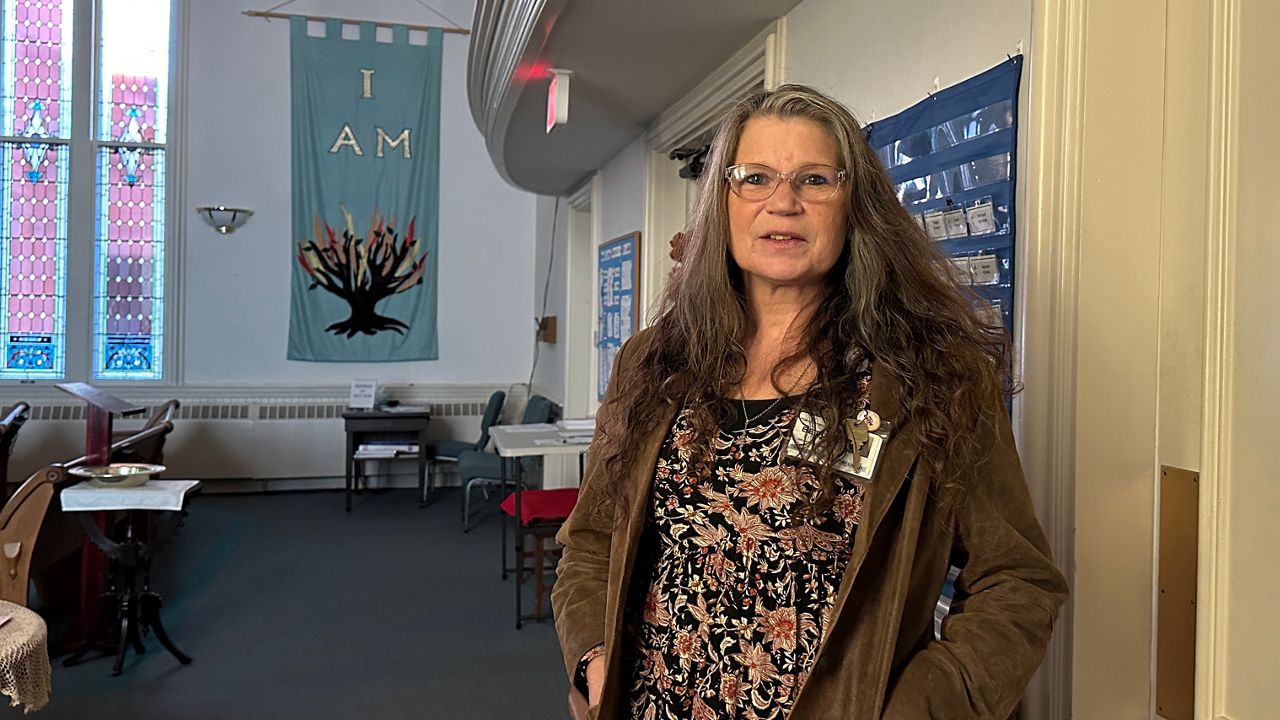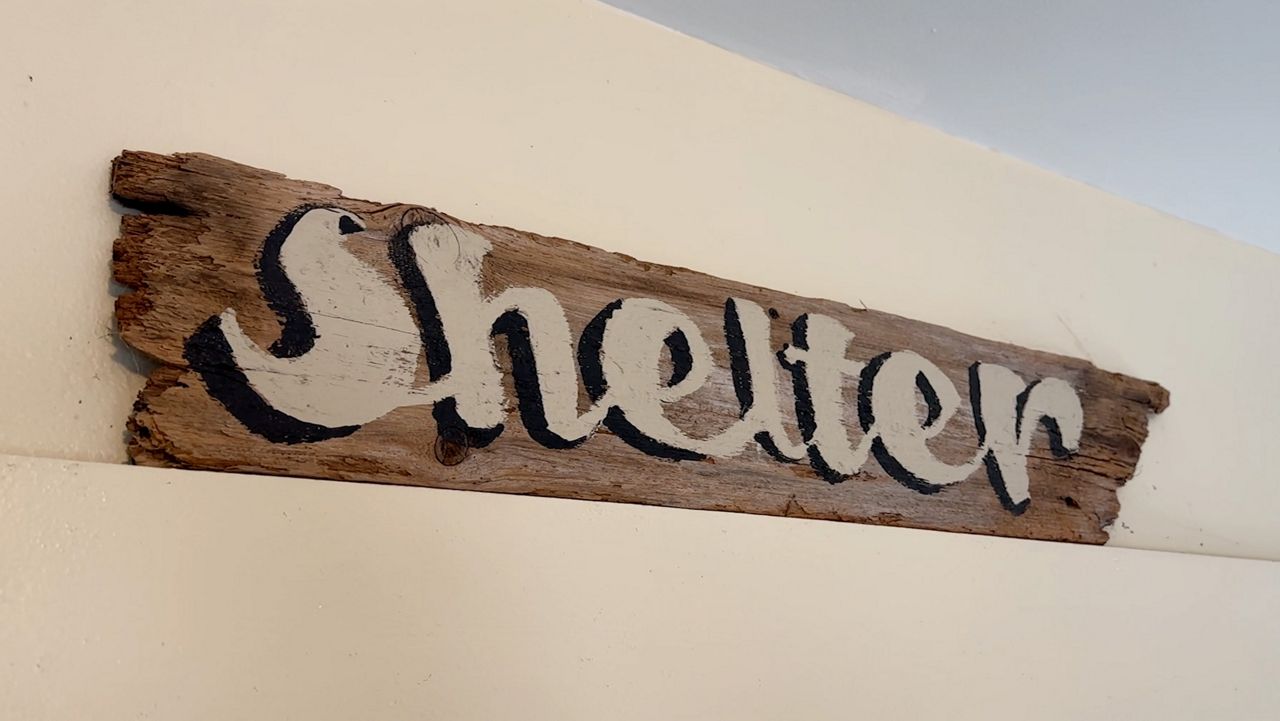It’s been nearly two months since Penobscot Community Health Care first announced it was looking for help running its 44-bed low-barrier shelter, and so far there have been no takers.
The shelter, Hope House, is becoming too much for the nonprofit to maintain alone, and it is seeking a partner organization, such as another nonprofit, to operate the shelter instead.
“PCHC has had substantive discussions in recent weeks regarding the transfer of ownership of the Hope House and we remain optimistic that a new partner will be found in the upcoming year,” Lori Dwyer, Penobscot County Health Care’s CEO and President, said this week.
Dwyer said there is a need for Hope House in Bangor.
It is officially described as a “low-barrier” shelter, serving what she called “the most vulnerable of the vulnerable,” including people with substance use disorder who often cannot be housed in other shelters, as long as they don’t pose a danger to others.
“There’s no barrier,” she said. “People can stay in our shelter regardless of their substance use status, their mental health issues, et cetera.”
The shelter provides three meals a day and offers homeless residents services such as help finding permanent housing, along with a clinic providing short-term medical care and treatment for mental illness or substance use disorder.
Dwyer said the nearest shelter that offers that kind of care is in Waterville, and she believed there was no other shelter catering to people with substance use disorder north of Bangor at all.
“We’re the only shelter that allows for that kind of low-barrier access in Bangor,” she said.
Hope House’s services are clearly in demand. In addition to the shelter’s 44 permanent beds, it can also put an additional 12 people on mats when necessary, bringing the shelter’s maximum capacity to 56.
Dwyer said the shelter is “just about always” at capacity.
The shelter also has access to 48 transitional housing units in the same building, which serve as temporary non-emergency housing.
“Many of the folks who come through our shelter are eventually housed on a temporary basis in our transitional housing units,” Dwyer said.
Acadia Hospital initially opened the shelter in the 1970s. Penobscot Community Health Care took over in 2010 and has been running it ever since.
According to a Nov. 17, 2023, statement, the nonprofit announced that it has become too expensive and difficult to manage indefinitely, with costs rising in part due to ongoing impacts of the coronavirus pandemic.
“Many shelters across Maine are facing similar challenges with a lack of sustainable sources of funding covering the costs of operations,” the nonprofit said in the statement.
Dwyer said in 2023 alone the shelter realistically needed to operate on a budget of just under $2 million. Revenues, which came from the state Office of Substance Abuse, MaineHousing, a grant from the United Way, private donors and General Assistance funding through the City of Bangor, all only added up to about $1.2 million.
Dwyer said her nonprofit still plans to run the clinic and transitional housing units, but as for the day-to-day operations of the shelter itself, “We’re looking for a partner to transfer it to.”
Dwyer said the nonprofit will continue running the shelter as usual until a partner can be found to take over.









